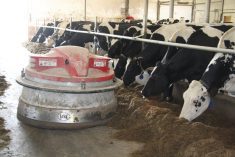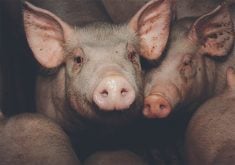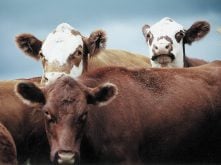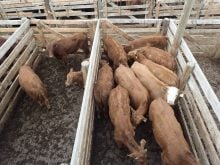The Canadian Charolais Association wants members to beef up their record keeping.
“Record keeping is always a hard sell amongst producers. We’ve got a lot of people who keep good records and we’ve got some people who are a little bit sloppy in their record keeping,” said association manager Neil Gillies.
Following a case of bovine spongiform encephalopathy discovered in Alberta on May 20, cattle producers have been criticized for spotty record keeping. The infected cow’s origin was never determined.
“The case of BSE was a classic example that if we had been able to determine where that cow had come from, it would have put a lot of people, especially the world opinion at rest,” he said.
Read Also
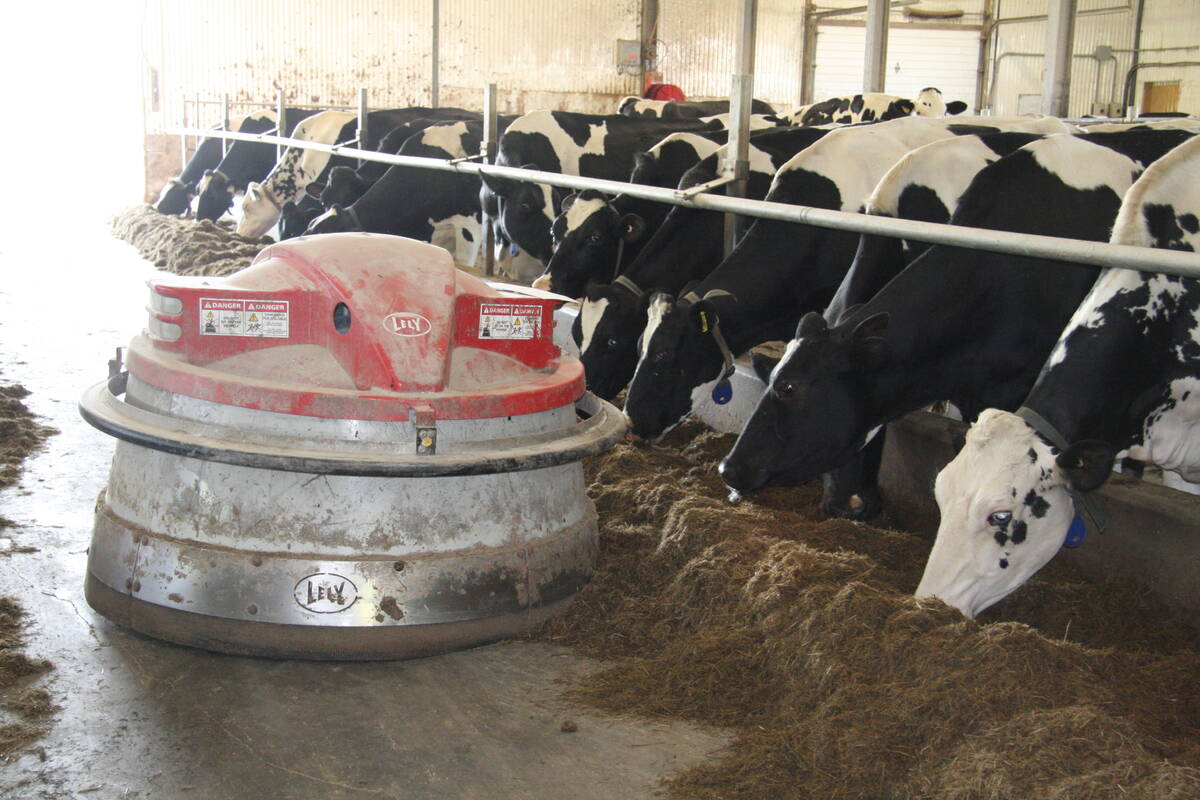
Partnerships, communication key to disease management
Communication and strong, trusted partnerships are key to managing infectious diseases like Foot and Mouth Disease and HPAI.
“If you are in the purebred business you need to be seen as a leader and do this. We would like all the breeds to go together on this,” he said.
Gillies favours a national electronic system for all animals. The technology is being researched so it may take time to get it into the field.
Most breed associations have specific identification requirements so members may register calves as purebred.
The Charolais association wants all bulls to have a registration paper transferred to the current owner. Every registered bull should have a rudimentary record of performance with a date of birth as the minimum requirement. All bulls providing natural breeding services should have a DNA sample on file.
The Charolais association requires all bulls sent for semen collection to be parentage verified through DNA samples. Any bull working in a pasture must have DNA on file if producers wish to register the calves. Without registration papers, the animals would not be considered purebred and would have lower market value.
“We want to put forward a system where everything has a registration paper,” he said.
DNA samples are generally collected from tail hair with the follicle intact. Collection and storage costs between $30 and $40 for testing but if all members of the seedstock industry joined, costs would drop substantially, said Gillies.
The Canadian Hereford Association requires parentage verification on all artificial insemination sires and donor dams, said manager Duncan Porteous.
In addition, all registered animals have recorded ear tattoos and birth dates. They do not require DNA testing on bulls used for natural breeding.
Porteous is not sure DNA samples are accurate at this time because the cow database is too small. That makes it difficult to track the mothers of a suspect animal.
“DNA may help prove your suspicions,” he said. “The accuracy has to start on the farm with farm records and the production and movement of cattle.”
In the long term, DNA may prove useful.
“It is a very difficult thing to discuss rationally at the moment because people have suffered huge financial losses,” he said.
The Canadian Simmental Association has not been asked to broaden its DNA sampling unless costs are reduced, said an office spokesperson.
All registered animals must have tattoos and all natural service and artificial insemination bulls must have DNA on file if the breeder wishes to register the calves.
Doug Fee of the Canadian Angus Association said his association requires DNA on file that can be obtained from hair, blood or semen. Animals are tattooed and the association encourages members to use green ear tags to identify Angus cattle for branded beef programs.
The DNA samples are used for parentage verification for every registered bull.
“We have identified enough problems that it is definitely worthwhile,” said Fee.
“It is an important tool and it is important to have it,” he said.
Initially, producers complained, but today people are co-operative and recognize its value, he said.
Many associations use the services of Bova-Can Laboratories in Saskatoon for their DNA work. They collect blood and DNA from elk, bison, llamas, alpacas and goats.
There are about one million records of which 380,000 are bovine.
However, people must realize DNA is not the solution to every dispute, said facility manager Yves Plante.
“DNA testing is just a tool to help solve a problem,” said Plante.
It is quite possible a sample cannot be traced back because they do not have files for all cattle. Samples from both parents are necessary for a perfect match.
When checking the origins of a diseased cow, for example, that animal’s DNA is required, as well as samples from the entire reference herd to provide an accurate traceback, he said.



